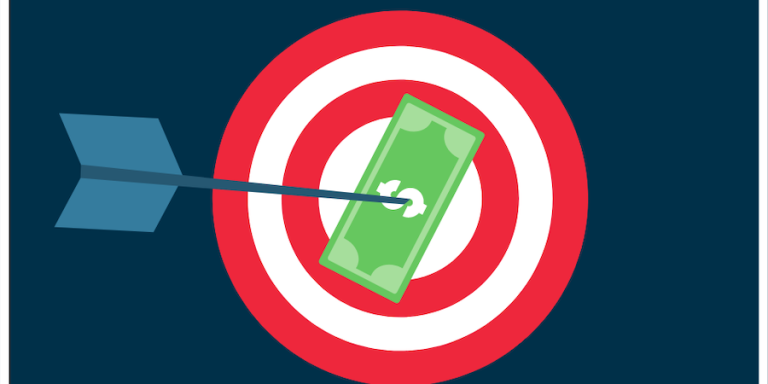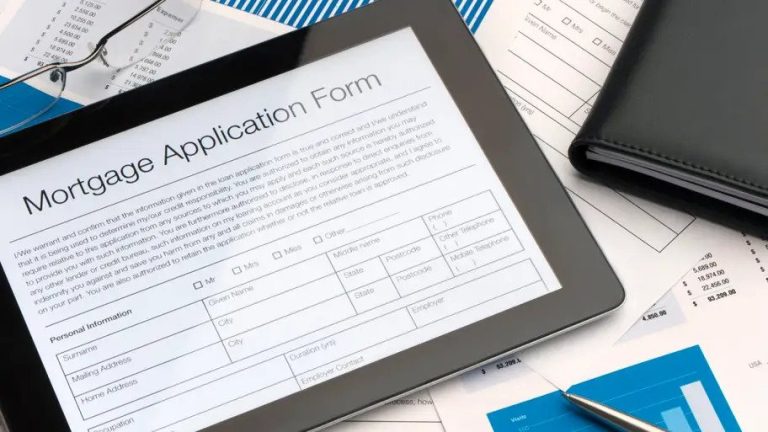Best International Student Loans Of October 2023
International students are typically non-U.S. citizens attending college in the United States for a specific period of time. Most non-U.S. citizens can’t take out federal student loans, though there are some exceptions. That means international students who need additional funding often turn to private student loans to help cover college costs.
Know that in general, lenders will require you to have a U.S. citizen co-signer in order to get a private loan. Below we have identified the best options for international students based on features like eligibility requirements, fees and flexible repayment options.
Ascent Undergraduate International Student Loans
Ascent offers both co-signed and non-co-signed student loans, which gives borrowers without co-signers more college funding options. We scored the company based on its co-signed credit-based student loan for undergraduates.
Ascent stands out for its range of payment reduction and postponement options, rare among private lenders. Borrowers can choose a graduated repayment plan, which provides a lower monthly payment to start that increases over time. That can be useful for graduates just starting out, who will likely make more money as they move up in their careers.
Borrowers also can pause payments if they’re experiencing a temporary financial hardship for one to three months at a time, up to a maximum of 24 months total. (Taking this forbearance means you will repay the loan over a longer period, though.) Interest continues to accrue during forbearance, which is true for the vast majority of private student loans.
Ascent also offers a graduation reward of 1% cash back on the loan’s original principal balance. Check the conditions you must satisfy to qualify.
Extra Details
Loan terms: 5, 7, 10, 12 or 15 years
Loan amounts available: $2,001** up to total cost of attendance, to a maximum of $200,000 per academic year ($200,000 aggregate)
Eligibility: Student borrowers with no credit history can qualify with a creditworthy co-signer. Co-signers must show income of at least $24,000 for the current and previous year. Co-signers must have a minimum credit score which can vary.*
Forbearance options: When experiencing financial hardship, borrowers can suspend payments for up to three months at a time, for a total of up to 24 months throughout the loan term. Only four rounds of forbearance (up to 12 months’ worth) may be taken consecutively.
Co-signer release policy: Available after 12 months of consecutive automatic debit payments, if the primary borrower meets certain credit score requirements.
- Both co-signed and independent loans available
- International and DACA students can qualify with a co-signer who has U.S. citizenship or permanent residency
- Charges late fees
- Maximum fixed APR is above 10%
SoFi
SoFi is perhaps best known as a student loan refinance lender, but it also makes loans to undergraduates, graduate students, law and business students and parents. Its undergraduate student loan product offers mostly industry-standard features, plus a few perks: no late fees, an interest rate discount of 0.125% if your co-signer already uses another SoFi product and job search help through its career team.
Extra Details
Loan terms: 5, 7, 10 and 15 years
Loan amounts available: $5,000 to total cost of attendance
Eligibility: Does not disclose credit score or income requirements
Forbearance options: SoFi offers a specific Unemployment Protection Program that allows borrowers to pause payments in three-month increments, for up to 12 months, if laid off from work. A separate forbearance program is also available for borrowers experiencing other types of economic hardship, such as medical expenses. Borrowers can take up to 12 months total forbearance, no matter which program they use.
Co-signer release policy: Available after 24 payments
- Access to SoFi member benefits, including career coaching
- No late fees
- Interest rate estimate available without undergoing a hard credit check
- Maximum APR above 12%
College Ave
College Ave offers a solid all-around private loan product with a few unique features. Borrowers can choose an eight-year term, which is in addition to the typical five-, 10- and 15-year terms many lenders provide. Borrowers can also access an extended six-month grace period beyond the initial payment-free six months allowed after separating from school.
Extra Details
Loan terms: 5, 8, 10, 15 and 20 years
Loan amounts available: $1,000 up to 100% of the school-certified cost of attendance
Eligibility: Applicants must have a minimum credit score in the mid-600’s.
Forbearance options: Up to 12 months of forbearance is available, in three- to six-month increments
Co-signer release policy: Available after 24 payments
- Interest rate estimate available without undergoing a hard credit check
- International students can qualify with a co-signer who has U.S. citizenship or permanent residency
- Long time period (210 days) before unpaid loans go into default
Tips for Comparing International Student Loans
In general, international students must have a U.S. citizen or permanent resident co-signer to get a private student loan. There are a few lenders that don’t require one, but funding from these lenders is limited for the 2020-21 school year, due in some cases to restricted investor activity during the coronavirus crisis. Continue to check our list, as we will add lenders that meet our criteria as they restart or expand student lending in 2021.
Federal financial aid often is the better option for students. But federal student loans are limited to U.S. citizens and eligible non-citizens, which include:
- U.S. nationals, including natives of American Samoa and Swains Island
- U.S. permanent residents that have a Form I-551, I-151 or I-551C, better known as a green card
- Those who carry an Arrival-Departure Record (I-94) from U.S. Citizen and Immigration Services that place them in one of the following categories: Refugee, Asylum Granted, Cuban-Haitian Entrant, Conditional Entrant (if issued before April 1, 1980), Parolee (in certain cases)
- Students who hold, or whose parent holds, T nonimmigrant status for victims of human trafficking
- Individuals determined to be a “battered immigrant-qualified alien,” as defined by the government, and their children
- Citizens of the Federated States of Micronesia, the Republic of the Marshall Islands or the Republic of Palau
Confirm with your college’s financial aid office whether you fall into any of these categories, and if so, submit a Free Application for Federal Student Aid (FAFSA) in order to access federal financial aid. If you can qualify for federal direct subsidized or unsubsidized student loans, their interest rates are lower and they come with a wider range of repayment protections than private loans provide. Recipients of the Deferred Action for Childhood Arrivals (DACA) program can’t get federal student aid, but they may be able to get college aid from their schools or states.







